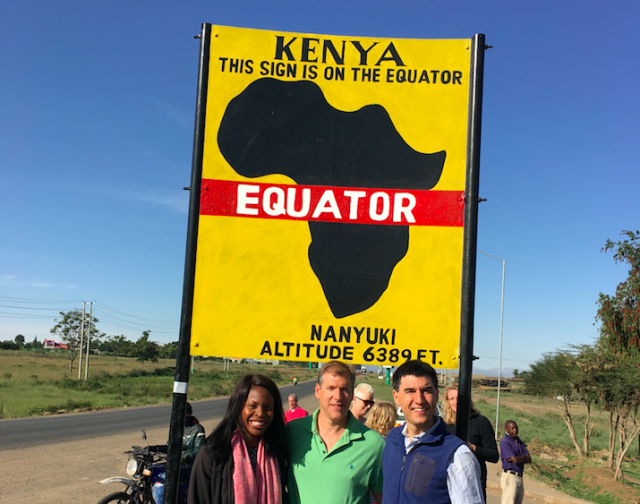NEWS RAEL team publishes Power sector model for a low-carbon Kenya
Fast growing and emerging economies face the dual challenge of sustainably expanding and improving their energy supply and reliability while at the same time reducing poverty. Critical to such transformation is to provide affordable and sustainable access to electricity. We use the capacity expansion model SWITCH to explore low carbon development pathways for the Kenyan power sector under a set of plausible scenarios for fast growing economies that include uncertainty in load projections, capital costs, operational performance, and technology and environmental policies. In addition to an aggressive and needed expansion of overall supply, the Kenyan power system presents a unique transition from one basal renewable resource− hydropower− to another based on geothermal and wind power for ∼ 90% of total capacity. We find geothermal resource adoption is more sensitive to operational degradation than high capital costs, which suggests an emphasis on ongoing maintenance subsidies rather than upfront capital cost subsidies. We also find that a cost-effective and viable suite of solutions includes availability of storage, diesel engines, and transmission expansion to provide flexibility to enable up to 50% of wind power penetration. In an already low-carbon system, typical externality pricing for CO2 has little to no effect on technology choice. Consequently, a “ zero carbon emissions” by 2030 scenario is possible with only moderate levelized cost increases of between $3 and $7/MWh with a number of social and reliability benefits. Our results suggest that fast growing and emerging economies could benefit by incentivizing anticipated strategic transmission expansion. Existing and new diesel and natural gas capacity can play an important role to provide flexibility and meet peak demand in specific hours without a significant increase in carbon emissions, although more research is required for other pollutant’ s impacts.

You must be logged in to post a comment.